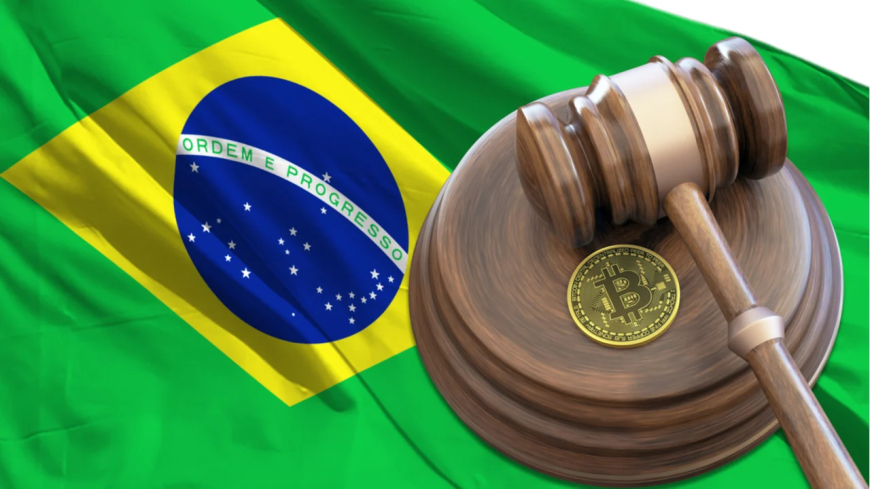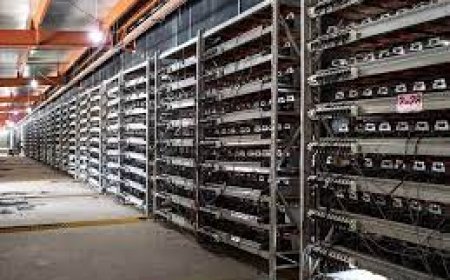Brazilian Court Approves Cryptocurrency Seizure for Debt Recovery — Report
The Third Panel of Brazil's Superior Court of Justice has ruled that cryptocurrencies may be confiscated by courts to settle debts owed to creditors.

Brazilian judges now have the authority to seize cryptocurrency holdings from individuals who are behind on debt payments, reflecting the country's growing acknowledgment of digital assets as both a payment method and a store of value.
According to local media, the Third Panel of Brazil’s Superior Court of Justice unanimously ruled that judges may issue notices to crypto exchanges, informing them of their intention to confiscate a debtor’s digital assets to settle outstanding debts.
The ruling was confirmed by the Superior Court of Justice in an official statement on its website.
In the unanimous decision, the court reviewed a case initiated by a creditor. “While not considered legal tender, cryptocurrencies can function as both a means of payment and a store of value,” stated a translated excerpt from the court’s memo.
Brazilian law currently permits judges to freeze bank accounts and authorize the withdrawal of funds without informing the debtor if a court rules in favor of the creditor.
Following the recent court decision, this authority now extends to cryptocurrency holdings as well.
Justice Ricardo Villas Bôas Cueva, who was part of the five-member panel, noted that although Brazil has yet to implement comprehensive crypto regulations, several legislative proposals have already defined digital assets as “a digital representation of value.”
Despite the lack of clear regulatory guidelines, Brazil has emerged as a major center for cryptocurrency activity.
While the country’s central bank is gradually rolling out regulatory measures in phases, crypto adoption continues to grow rapidly.
According to an October report from Chainalysis, Brazil ranks second in Latin America for “crypto value received,” a key metric indicating widespread adoption.
Earlier this year, Binance was authorized to operate in Brazil after acquiring an investment firm based in São Paulo.
A Binance executive noted at the time that Brazil was making strong progress toward regulating the crypto space and anticipated that a full regulatory framework could be in place by mid-year.
Still, not all proposed regulations have been favorable to the industry.
In December, Brazil's central bank proposed a ban on stablecoin transactions involving self-custodial wallets. The move came as more Brazilians were using dollar-linked tokens to protect their savings from the weakening Brazilian real.
Industry analysts pointed out that enforcing such a ban would be difficult. While governments can regulate centralized exchanges, peer-to-peer transactions and decentralized platforms are far more challenging to control. As a result, such restrictions would likely only impact a portion of the crypto ecosystem, one expert explained.
What's Your Reaction?
 Like
0
Like
0
 Dislike
0
Dislike
0
 Love
0
Love
0
 Funny
0
Funny
0
 Angry
0
Angry
0
 Sad
0
Sad
0
 Wow
0
Wow
0






































































